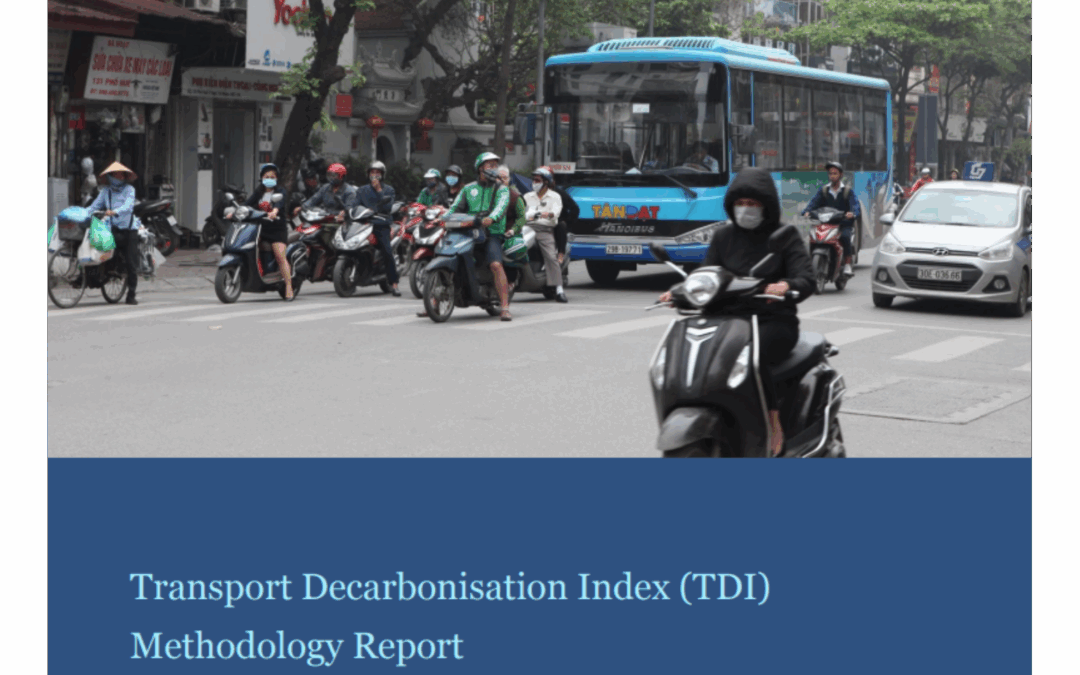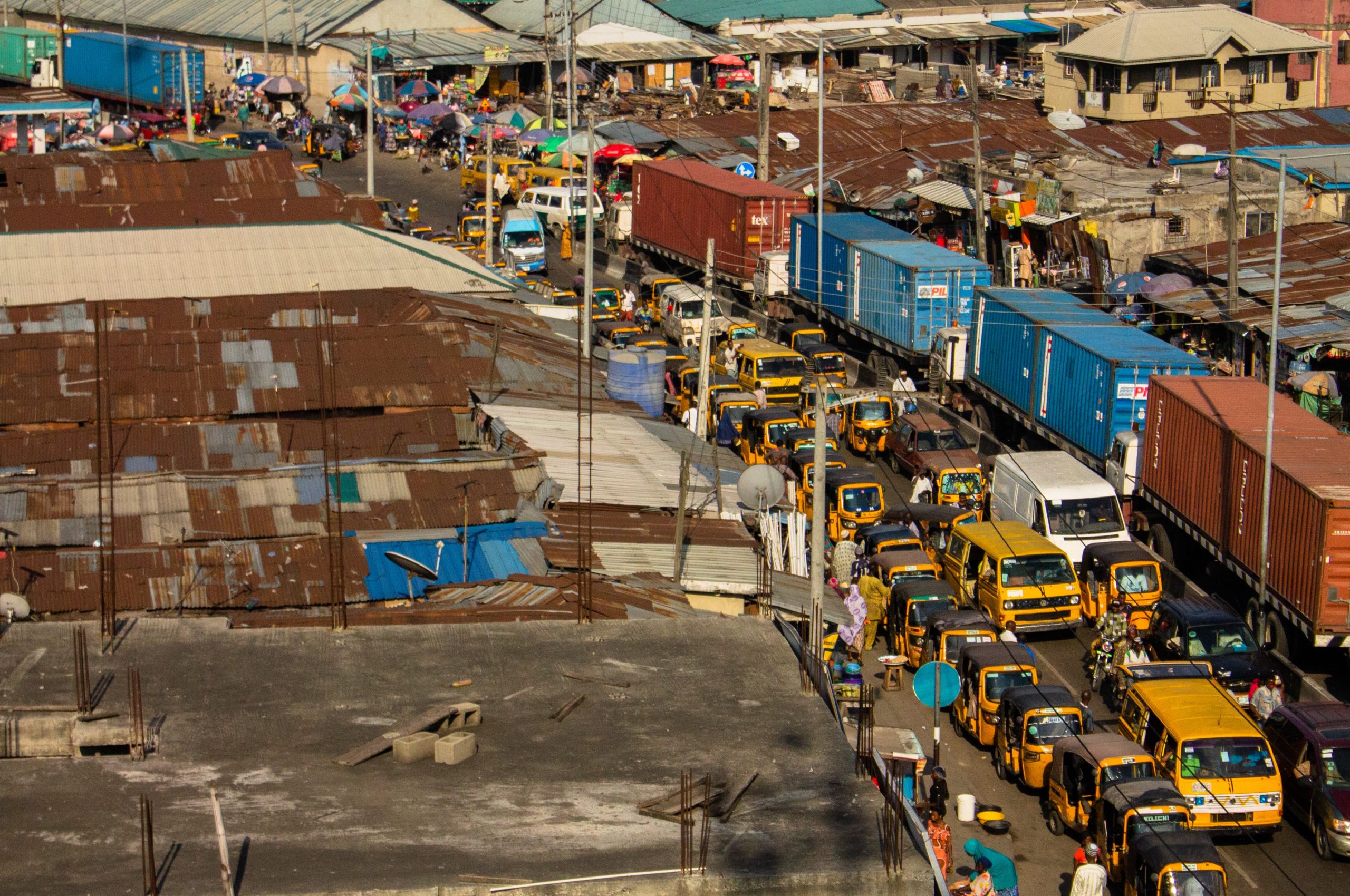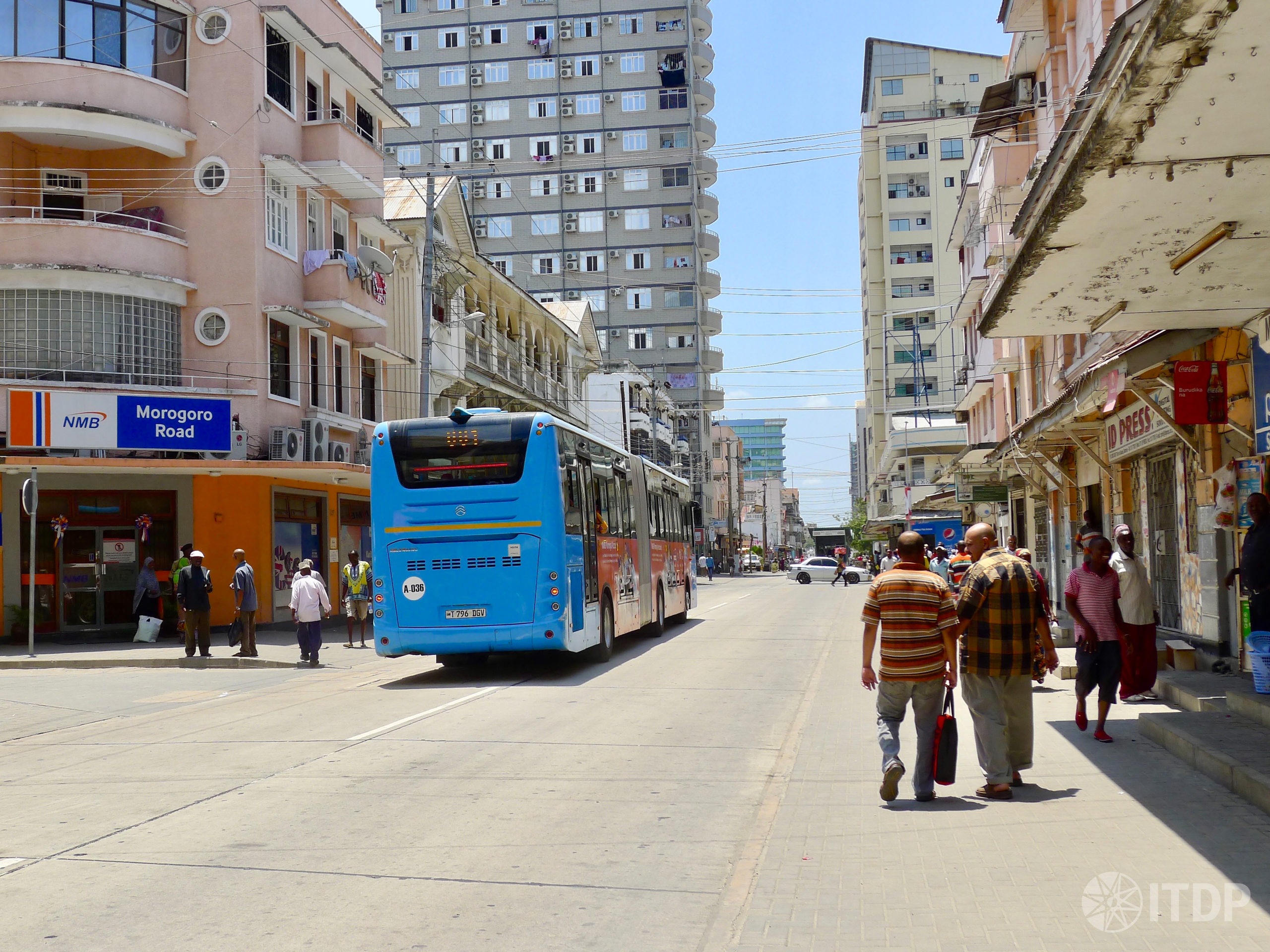According to The Partnership for Sustainable, Low Carbon Transport (SLoCaT), a voluntary multi-stakeholder initiative that contributes to the implementation of Agenda 21, Rio+5 and the Johannesburg Plan of Implementation (JPOI), “a stronger focus on public transport and non-motorized transport will strengthen access for low income groups. Reduced congestion and air pollution, as well as improved road safety, can translate into economic savings equal to several percentage points of GDP…. Long-term economic and social benefits, including improved health due to reduced pollution, can be achieved through investment in infrastructure and planning, while simultaneously creating valuable jobs.” (From Issues Brief: Sustainable, Low Carbon Transport in Emerging and Developing Economies. By UNCSD Secretariat and SLoCAT)
However, for the transport sector to be able to make a significant impact in our transition to a green economy, we, in agreement with SLoCaT, believe that there is a great need for a transport sector-specific Institutional Framework for Sustainable Development that will enable the UN organization and development banks to lead the way in scaling up sustainable, low-carbon transport policies and interventions.
























